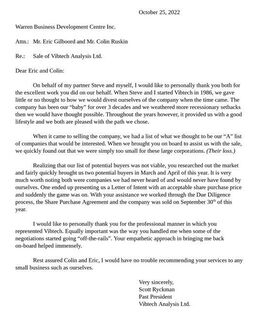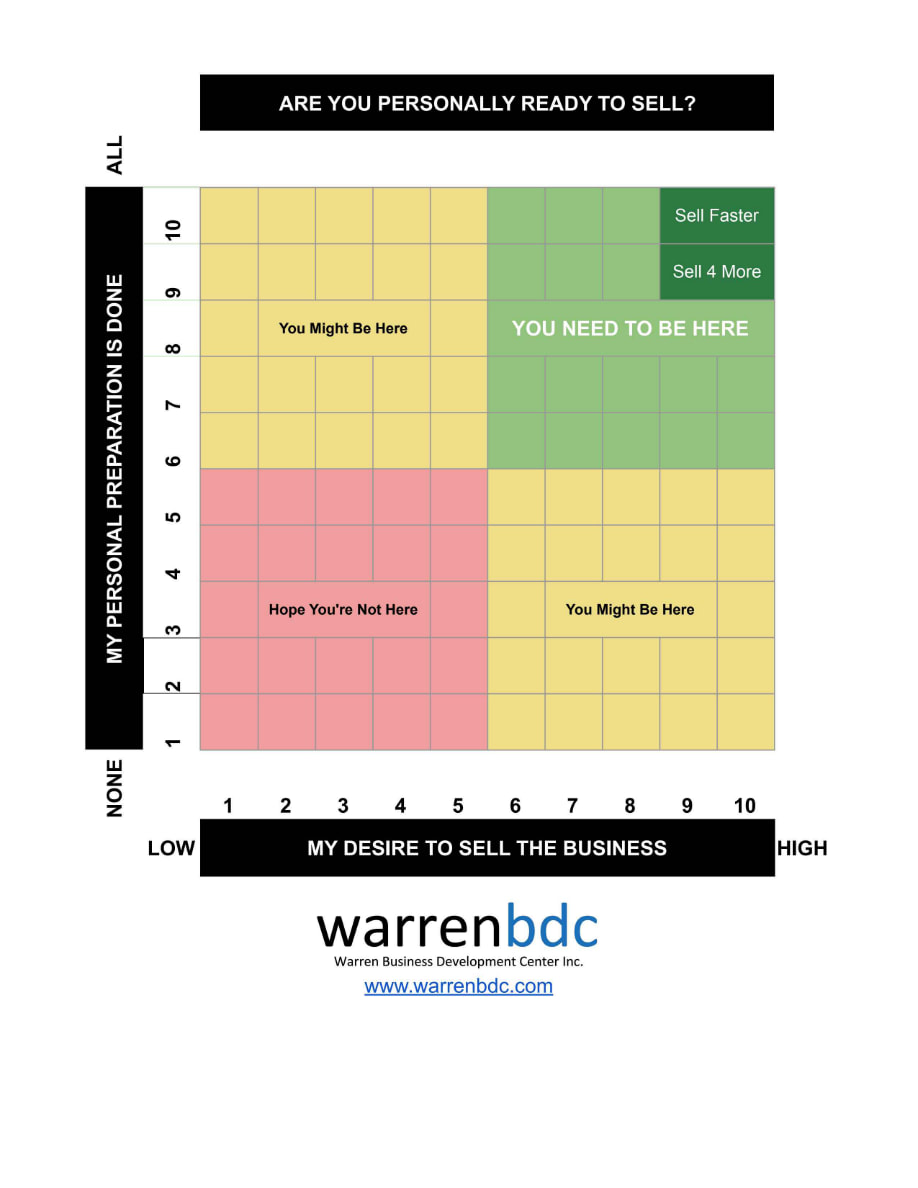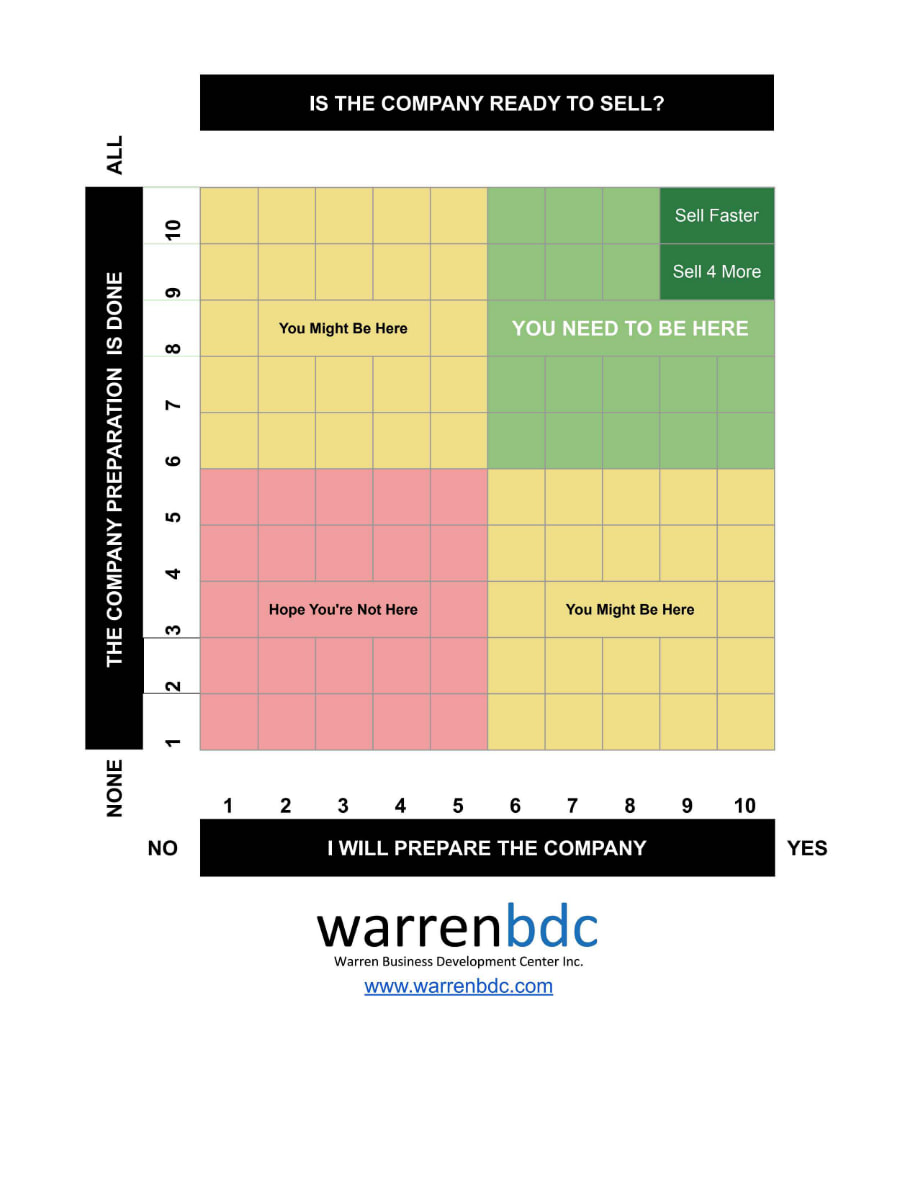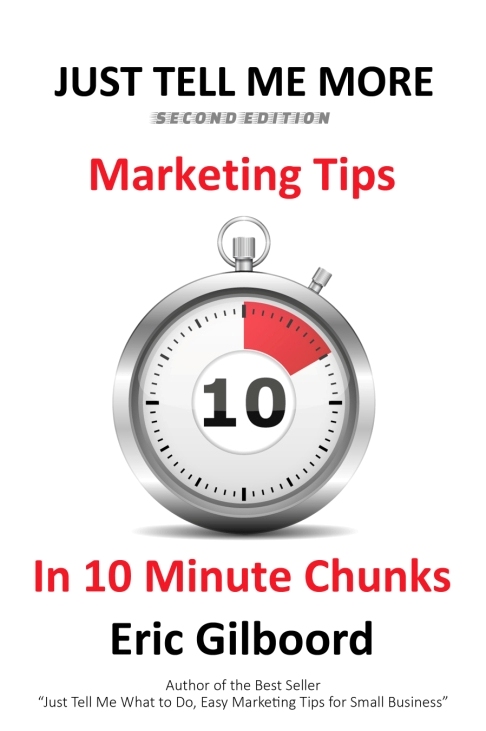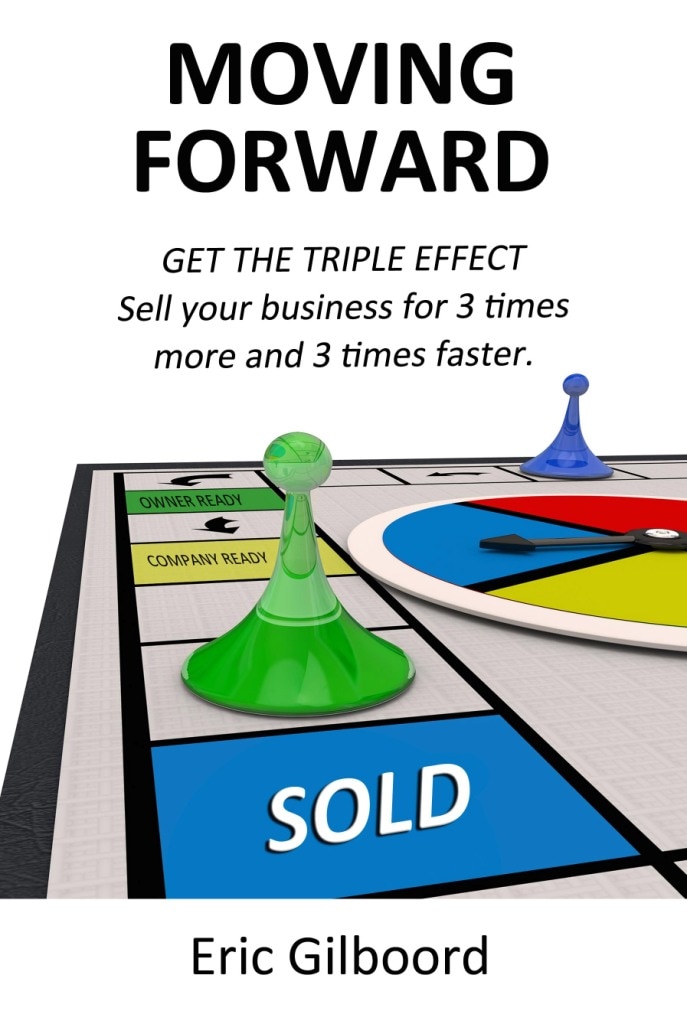If not, then either you're standing in line or you haven't even bought a ticket yet. It looks scary, you're starting to get a little anxious and maybe a little concerned about what to expect. Most likely you are a first time seller.
Selling a business is often portrayed as a purely financial transaction—a strategic move to secure a substantial payout. But behind the scenes, there lies a tumultuous emotional journey that business owners embark upon when parting ways with their life’s work.
The process of selling a business is not just about numbers and negotiations; it’s a rollercoaster ride of triumphs and tears that can leave even the most seasoned entrepreneurs emotionally drained.
Here is a bit of a head start to help anticipate what will likely be your business selling experience.
Want to know what the emotional rollercoaster looks like in real life. Read this email from our recent Seller.
Subject Line - CLOSSSSSSSSSSSSSSSSSSSED
Imagine a worn out looking husband and wife with bags and dark circles for eyes (not unlike every other seller). Well, more than normal lol.
What a ride.
While finding a buyer and coaching us through the process was valuable, so too was the emotional support of it all, Colin sharing his personal experiences, Eric sharing other sellers' experiences. '
Your preparing us for what was to come - that the process would be long, exhausting while running a business, ripe with emotional ups and downs, was an invaluable part of your services. Being forewarned helped us feel "normal" during it all, and less alone. The law firm referral - perfection.
Your talking us off the ledge when we wanted to bail during a very dark time, brought us to this momentous day. Thank you.
Joe and Sandra
Notes like this from happy Sellers make it all worthwhile for us. Maybe one day we'll get a note from you.
Cheers Eric
For more insights to this emotional rollercoaster they call selling a
business click here.

 RSS Feed
RSS Feed 
